
The NRX Blog
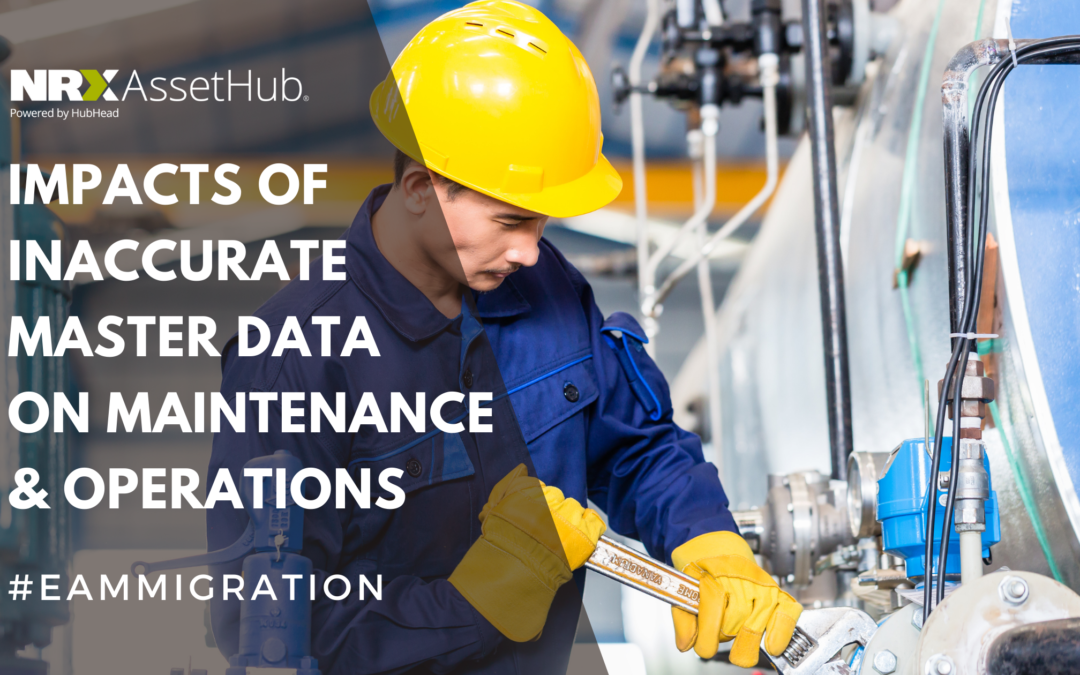
Impacts of Inaccurate EAM Master Data on Maintenance and Operations
Asset-intensive companies rely on the asset and maintenance master data in their EAM and CMMS systems to drive the maintenance and operations of their organizations. However, many companies fail to ensure that the master data in these systems is accurate and high-quality.

Causes of Inaccurate EAM Master Data
Asset-intensive companies strive to have complete and accurate asset and maintenance master data in their EAM or CMMS systems and to be able to analyze the quality of this data. When companies migrate to a new EAM or CMMS system, they will experience many benefits. However, the effectiveness of their new EAM or CMMS system will be impacted by the quality of the asset and maintenance master data.

Dirty Data? Here’s 3 Tips on How to Fix it
We’ve talked about all the problems with having bad asset and maintenance master data. Now let’s talk about how to fix it. Regular maintenance of asset data is not easy, but it is critical and most definitely worthwhile.
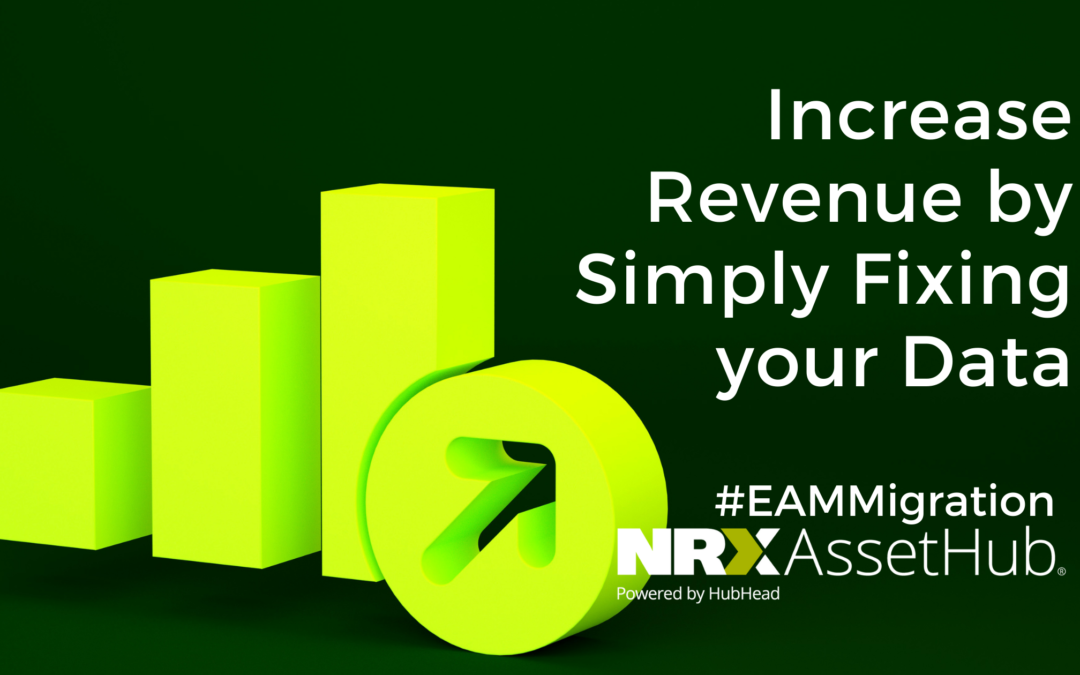
Increase Revenue and Reduce Costs by Simply Fixing your Asset and Maintenance Master Data
The truth of the matter is, high quality asset and maintenance master data will increase your revenue. It’s as simple as that. But what exactly does the relationship between asset and maintenance master data and revenue look like? Read today’s blog to find out.

Your EAM Migration Failed, Now What?
With data migrations, prevention is always better than cure. So, it’s important to set yourself up for success from the beginning.
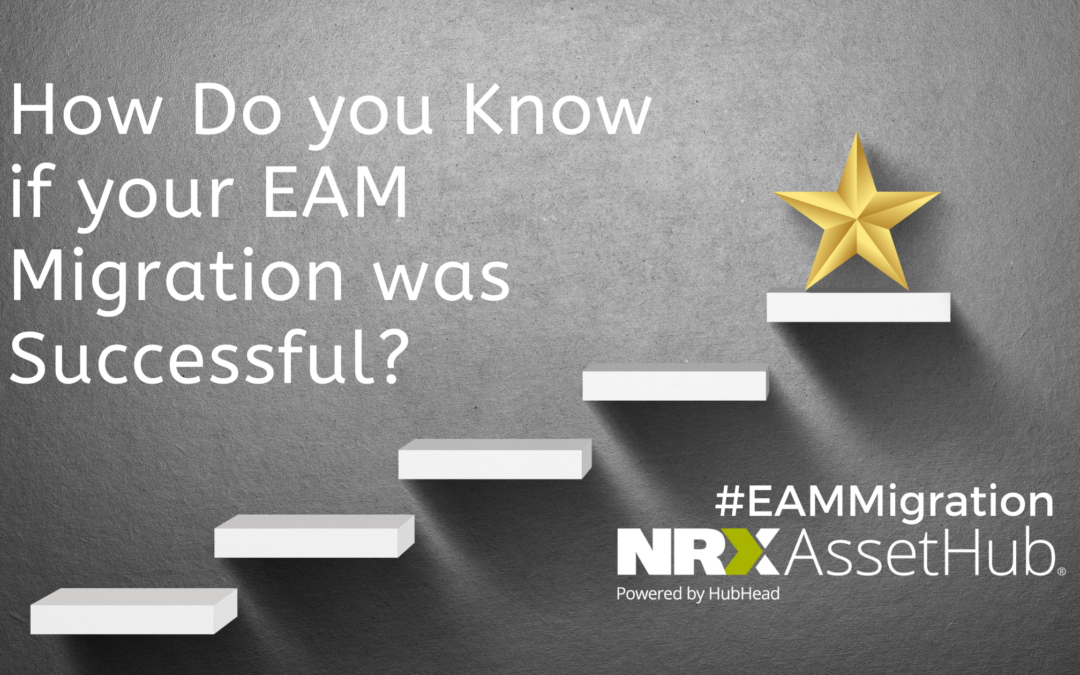
How Do you Know if your EAM Migration was Successful?
This is a standard measure of success when moving to a new EAM system. It should become obvious early on that your company’s workflow and operations are running more smoothly with less hiccups along the way.
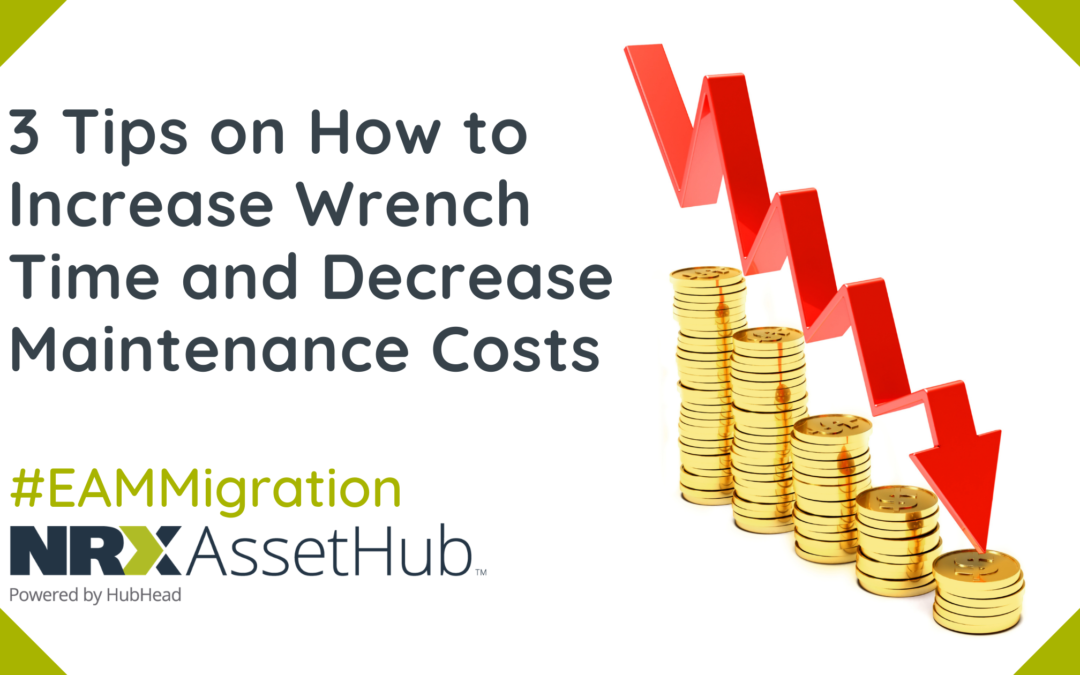
3 Tips on How to Increase Wrench Time and Decrease Maintenance Costs
When fulfilling work orders the rule of thumb is the quicker the better. However, the speed of operations should not jeopardize the quality of output.
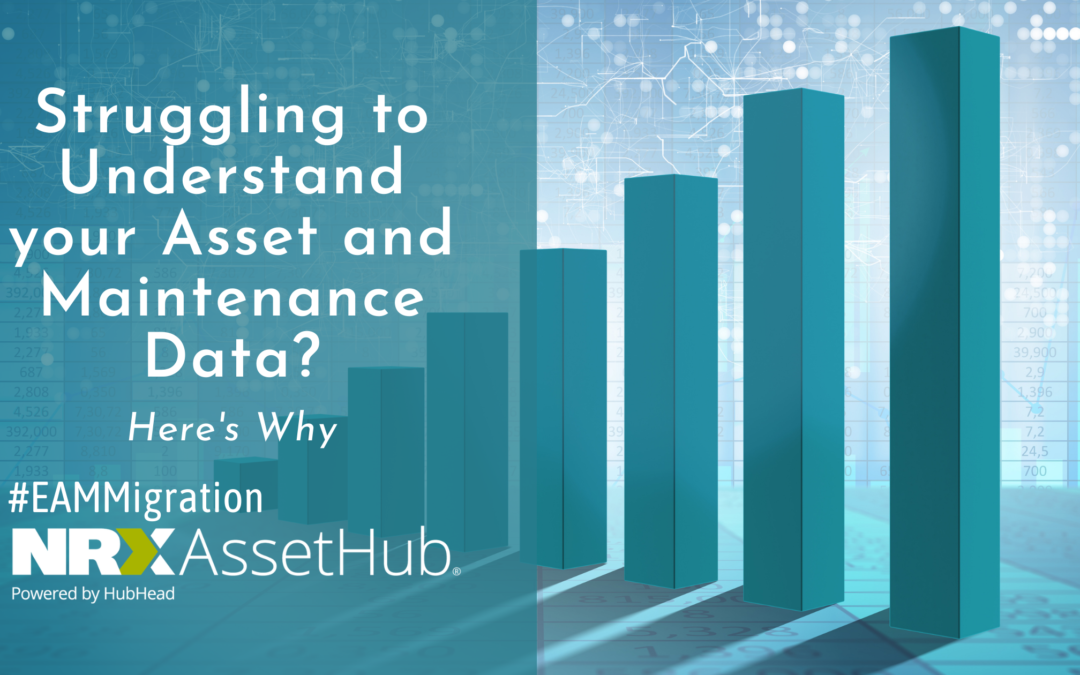
Struggling to Understand your Asset and Maintenance Data? Here’s Why
Visualization can also make your data more interactive, an example being exploded parts diagrams. This helps reduce errors, prevent the wrong parts from being ordered, and maintain efficiency with maintenance planning.
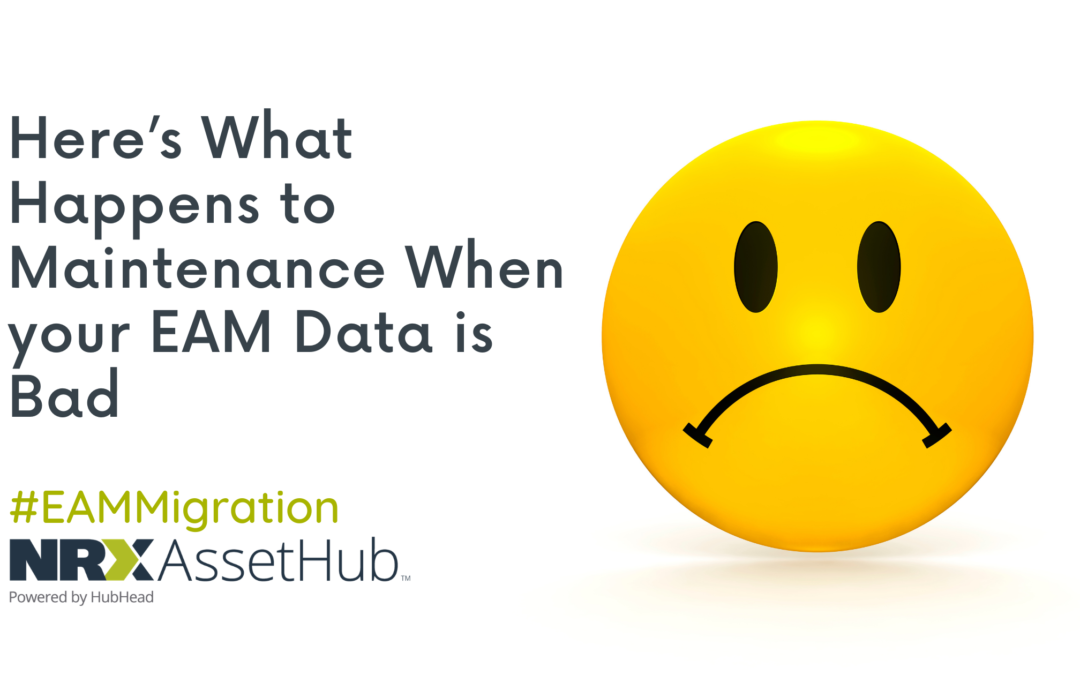
Here’s What Happens to Maintenance When your EAM Data is Bad
Asset data is hardly ever static. Data is always changing as new assets are added and old assets are retired. It is important to keep up with any changes in engineering and spare parts replacement. Keeping up with the dynamic aspects of asset data is a complex process and requires high coordination.

This is What Missing Data in an EAM System Looks Like
Having information detailing the parts needed to repair and maintain critical equipment is not a new need, yet remains vital to successful operations, especially in the manufacturing industries. Maintenance professionals should have a holistic view of their asset data and be fully aware of all aspects required for maintenance.
